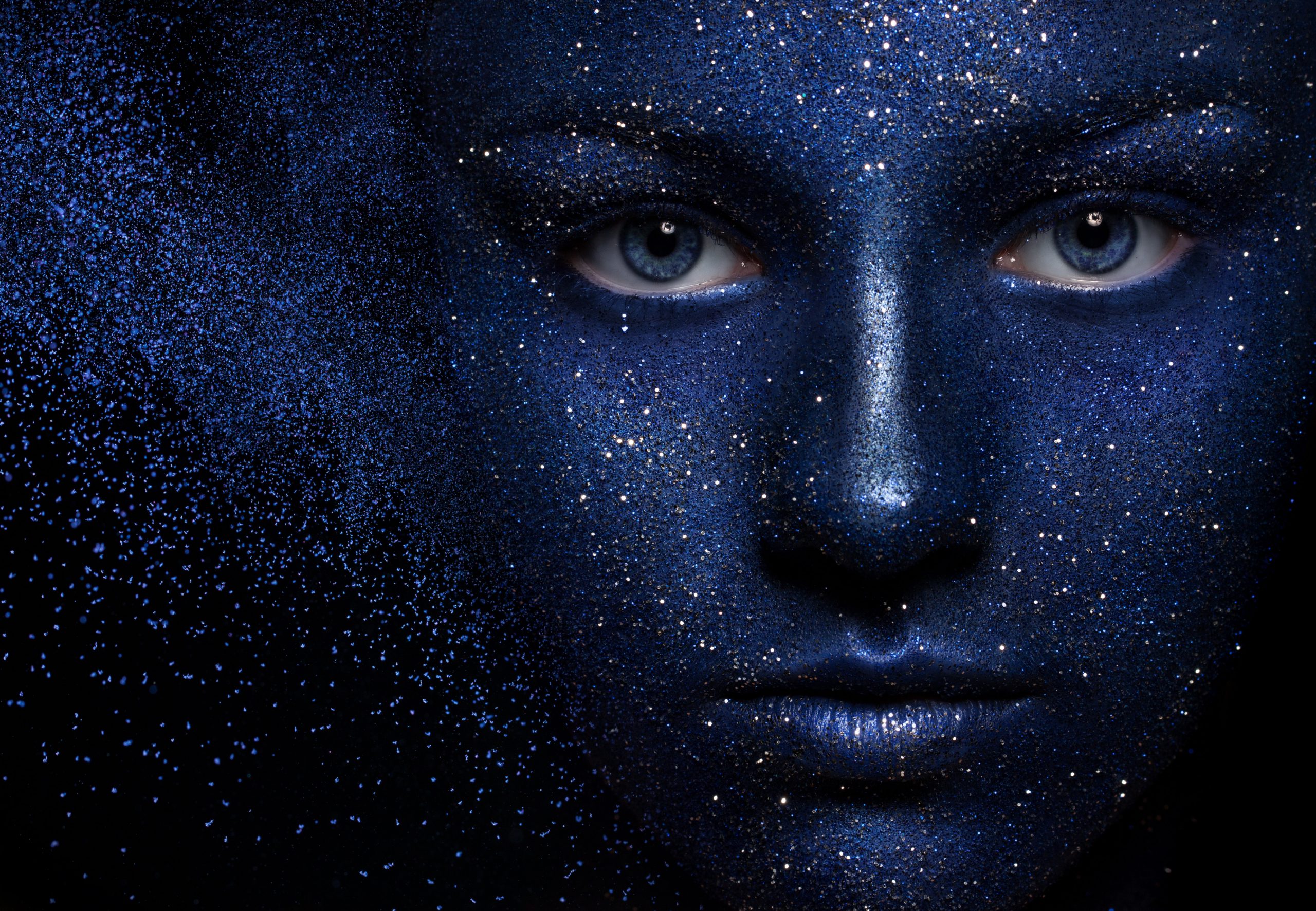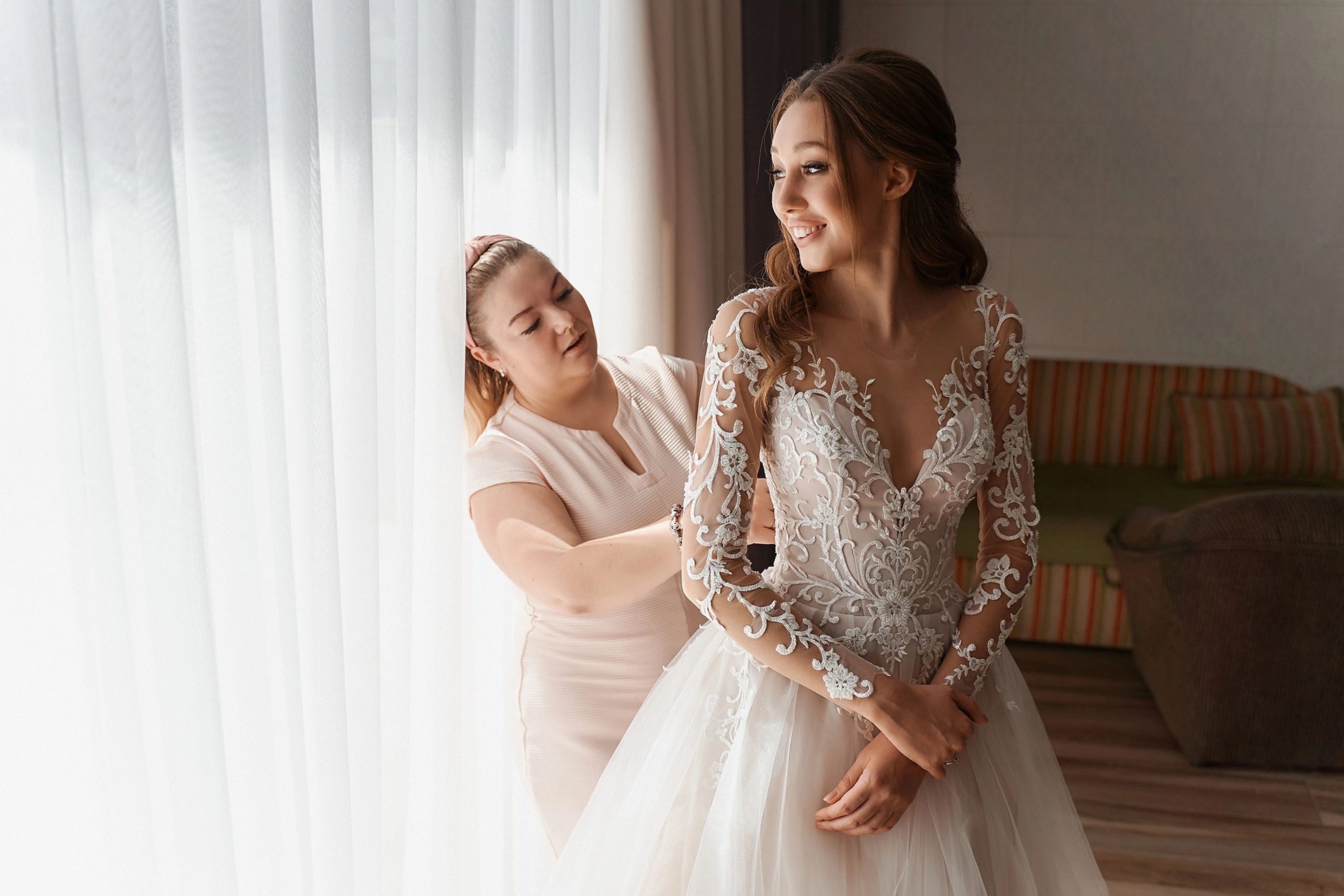Lights, camera, action! The world of cinema has been captivating audiences for over a century with its larger-than-life stories and characters. From epic love stories to heartwarming rom-coms, movies have the power to transport us to different worlds and make us believe in the magic of love and romance. But have you ever stopped to think about how these on-screen love stories shape our views of love and relationships in the real world? In this article, we delve into the impact of movies on our perception of love and romance and how they can both inspire and misguide us.
The Power of Visual Storytelling
Movies have a unique ability to tell stories in a way that words alone cannot. With the use of stunning visuals, music, and skilled acting, filmmakers can create a world that draws us in and makes us emotionally invested in the characters and their relationships. When it comes to love stories, the power of visual storytelling is even more potent. We see the chemistry between the characters, the sparks flying, and the grand gestures of love that leave us swooning. It’s no wonder that movies have the power to shape our views of love and romance.
The Idealized Version of Love
One of the ways in which movies shape our views of love is by presenting an idealized version of it. In most romantic movies, we see the perfect couple, the grand gestures of love, and the happily ever after. This idealized version of love can create unrealistic expectations in our minds, making us believe that love should always be effortless and that we will find our soulmate who will complete us in every way. But the truth is, real relationships are not always perfect, and they require effort, compromise, and communication. By constantly bombarding us with the perfect love stories, movies can set us up for disappointment when our real-life relationships don’t match up to the fantasy.
The Influence of Gender Stereotypes
Another aspect of movies that can shape our views of love and romance is the portrayal of gender roles and stereotypes. From the damsel in distress waiting for her prince charming to the macho hero who saves the day, movies often present stereotypical gender roles that can have a significant impact on our perception of relationships. We see the strong, assertive male pursuing the beautiful, passive female, and it becomes the norm in our minds. This can lead to unrealistic expectations and unhealthy dynamics in real-life relationships, as we try to fit into these predefined roles.
The Power of Representation
On the other hand, movies can also have a positive impact on our views of love and romance by providing representation of different types of relationships. In recent years, there has been a push for more diversity in films, and we are now seeing a more accurate reflection of society on screen. From interracial relationships to LGBTQ+ love stories, movies are showcasing a wider range of love and romance, which can help break down societal barriers and stereotypes. This representation can also have a powerful impact on individuals who see themselves and their relationships reflected on screen, giving them a sense of validation and acceptance.
Learning from Movie Relationships
Aside from shaping our views of love and romance, movies can also teach us valuable lessons about relationships. Many films explore the complexities of love and the challenges that come with it. From the sacrifices made in The Notebook to the importance of communication in When Harry Met Sally, we can learn a lot about relationships from these on-screen love stories. They can also help us identify red flags and warning signs in relationships that we may not have noticed otherwise. Through the struggles and triumphs of movie relationships, we can gain insight and understanding into our own real-life relationships.
The Dark Side of Movie Romances
While movies can inspire us and teach us valuable lessons about love and romance, they can also have a dark side. In some cases, movies can perpetuate toxic and unhealthy behaviors in relationships. From the persistent pursuit of a love interest despite their lack of interest in the character (hello, Love Actually!) to the idea of love conquering all, including abusive behavior (Twilight, anyone?), these toxic elements can be harmful, especially to younger viewers who may not have the necessary understanding to differentiate between fantasy and reality.
Separating Fantasy from Reality
So, how can we navigate the world of movie romance without being completely influenced by it? The key is to remember that movies are a form of entertainment and should not be taken as a reflection of reality. While they can provide inspiration and entertainment, it’s essential to remember that they are scripted and often exaggerated versions of love and relationships. It’s crucial to have a critical eye and not let these on-screen love stories dictate our expectations and behaviors in our real-life relationships.
In conclusion, movies have a significant impact on our views of love and romance. They have the power to inspire us, teach us, and even misguide us. While they can present an idealized version of love and perpetuate harmful stereotypes, they can also provide representation and valuable lessons. It’s up to us to separate fantasy from reality and not let these on-screen love stories dictate our perceptions and expectations of love and relationships. As we continue to enjoy the magic of cinema, let’s also remember to keep a healthy balance and not let it influence our real-life relationships.




